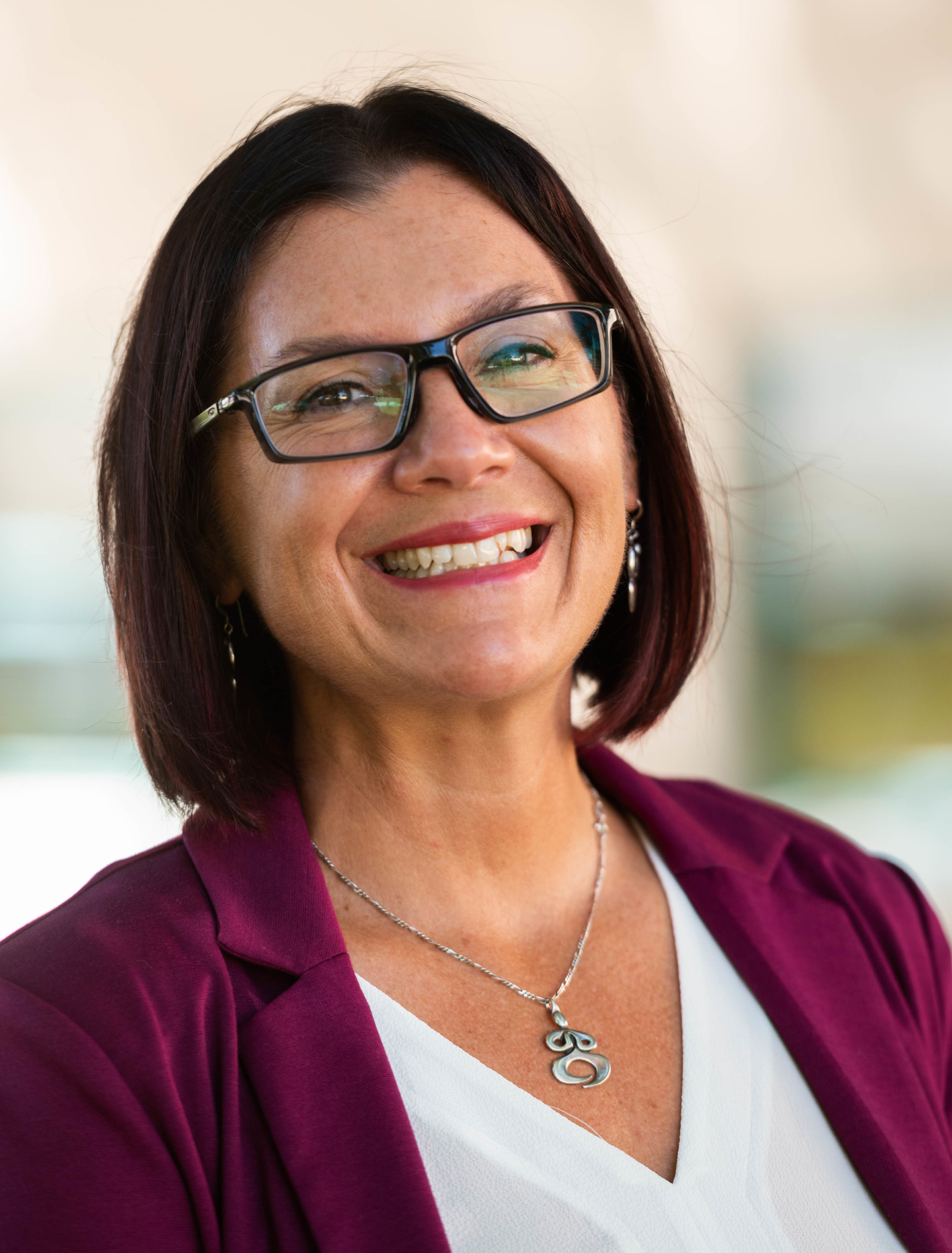Message From The Vice President
New Mexico State University is a Hispanic-serving and a minority-serving institution – federal designations that reflect the makeup of our student population. An HSI is defined as a nonprofit, degree-granting postsecondary institution that enrolls at least 25 percent FTE (full-time equivalency) of undergraduate Latinx students. Systemwide, 64 percent of our undergraduate students are Hispanic/Latinx, and 73 percent of our undergraduate students are people of color. Additionally, HSIs enroll at least 50% of students who are qualify for needs-based title IV aid (e.g., federal Pell grants).
However, enrolling minority or minoritized students and serving them are two distinct practices. Education scholars like Gina A. Garcia describe this concept of centering practices that truly serve the unique needs of the student populations at HSIs/MSIs as “servingness,” and while there is struggle to capture a universal definition for the term, there’s general agreement that indicators of servingness at an institution like NMSU include both academic outcomes, like persistence, graduation, transfer and course completion; as well as non-academic outcomes, like academic self-concept, leadership identity, racial and ethnic identity, and civic engagement. It is important to also highlight that the notion of “servingness” includes serving NMSU students who identify as part of the LGBT+ communities, military and veteran communities, and communities with disabilities. For more on this topic, read Dr. Garcia’s essay on “servingness” for the American Council on Education or her book, “Becoming Hispanic-Serving Institutions: Opportunities for Colleges and Universities.”

One goal of NMSU’s new Office for Equity, Inclusion, and Diversity is to explore and re-define the university’s HSI and MSI mission in action, and to better understand the climate issues faced by not only the students of this institution, but also its educators, workforce, and the communities that are connected to and served by NMSU. This work will also inform the development of NMSU’s first strategic diversity plan. Furthermore, this goal must encompass a focus on intersectionality, or the overlapping and interconnected ways in which race, gender, class, and myriad other social identities relate to one another.
“Servingness” and best supporting NMSU students and understanding the assets they bring to the NMSU system is not limited to this office and the programs it comprises; if we are to be successful in centering servingness at NMSU, it must be the charge and responsibility of everyone in our university community. We’re listening and working to fully understand what NMSU’s climate is now, so that we can continue to grow in ways that enrich the lives of all of our students and our entire community.
Saludos and warm regards,
Teresa Maria Linda Scholz
Vice President, Equity, Inclusion, and Diversity